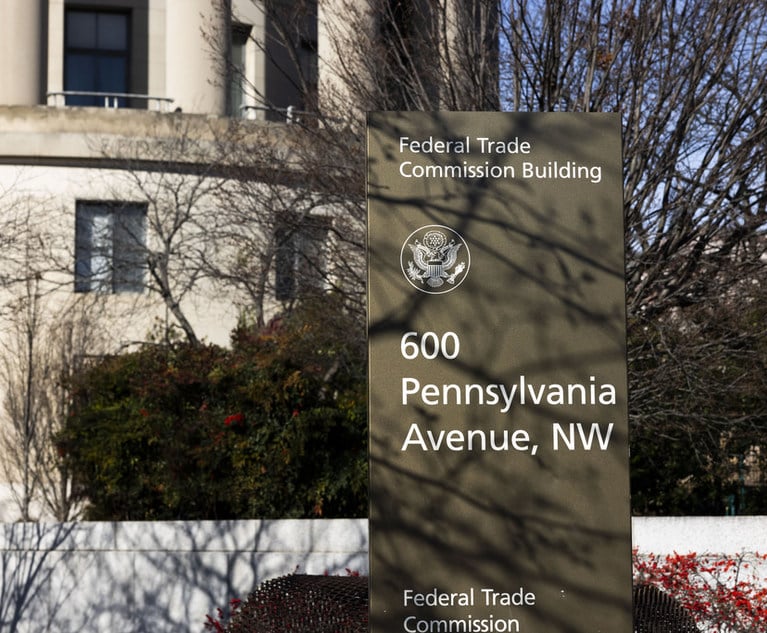Independent agents and underwriters sparred with U.S.Agriculture Department representatives over agent commission capsput forth as part of the mandated cuts to the federal cropinsurance program during a recent House subcommittee hearing.
|The comments–exchanged at a hearing before the Subcommittee onGeneral Farm Commodities and Risk Management of the HouseAgriculture Committee–related to a new Standard ReinsuranceAgreement (SRA) that cuts U.S. subsidies to the federal program by$6 billion over 10 years.
|The program is administrated by the USDA's Risk ManagementAgency.
|The size of the overall funding cut in the program–30 percentover 10 years–"remains unsupported and represents a decided risk tothe companies," according to Robert Parkerson, president ofNational Crop Insurance Services, which represents crop insurancecompanies.
|John F. Dalton, president of Midwest Insurance Associates LLCand the Agri-Land Insurance Agency in Council Bluffs, Iowa, addedthat the contract signed earlier this summer between producers andthe USDA marked the first time any federal agency has attempted toregulate crop insurance commissions rather than allow themarketplace to determine the appropriate commission rate.
|"This also represents the first time the federal government hasintervened in the agent-company relationship," Mr. Dalton said,speaking as a representative of the Independent Insurance Agentsand Brokers of America.
|"The IIABA strongly opposes the new SRA's commission capprovisions," he added.
|However, RMA Administrator William Murphy said the new contract"provides a reasonable rate of return to the companies fordelivering the program."
|In defending the decision to impose both a "hard" and "soft" capon agent commissions, Mr. Murphy said that "even in the face ofadministrative and operating cuts in the program imposed byCongress, companies were unable to contain the escalation in agentcommissions."
|Mr. Murphy added that "as regulator for the federal cropinsurance program, RMA saw a clear need to ensure that companieshave sufficient funds to pay operating expenses–including agentcommissions–without resorting to the reliance on uncertainunderwriting gains."
|He said that "history has shown us this step is necessary,"citing the 2002 failure of American Growers Insurance Company,"which failed in large part because of high commissions paid toretain and acquire agents."
|James Deal, a retired USDA employee who formerly managed theFederal Crop Insurance Corp., also defended the cuts incommissions.
|He said the Risk Management Agency "has been criticized by theGovernment Accountability Office and other oversight bodies forfive years" for the high level of agent commissions.
|"Many of these agents received substantially more than all ofthe administrative and operating expense funds, leaving the companywith nothing left to provide underwriting and claims service to thefarmer…a major intent of the subsidy," according to Mr. Deal.
|Mr. Dalton, however, said the average commission rate hasdeclined from 2008 to 2009, which he said proves that allowing themarketplace to determine commission rates works.
|"The agent cap does not impact the crop insurance budget,doesn't save the federal taxpayer any money and has no policymerit," he said.
|"Because of the work of insurance agents, the crop insuranceprogram has grown from relative obscurity to the widely used andsuccessful program we are discussing today," according to Mr.Dalton.
Want to continue reading?
Become a Free PropertyCasualty360 Digital Reader
Your access to unlimited PropertyCasualty360 content isn’t changing.
Once you are an ALM digital member, you’ll receive:
- All PropertyCasualty360.com news coverage, best practices, and in-depth analysis.
- Educational webcasts, resources from industry leaders, and informative newsletters.
- Other award-winning websites including BenefitsPRO.com and ThinkAdvisor.com.
Already have an account? Sign In
© 2024 ALM Global, LLC, All Rights Reserved. Request academic re-use from www.copyright.com. All other uses, submit a request to [email protected]. For more information visit Asset & Logo Licensing.








